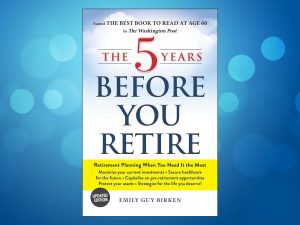In discussion with a clinical audiologist
What issues do people develop with their hearing as they age, and what steps can be taken to address the is sue? To find out, Caregiver Solutions talked with Dr. Amir Soltani, RAUD. Dr. Soltani is a clinical audiologist in Vancouver and a clinical instructor at the University of British Columbia.
sue? To find out, Caregiver Solutions talked with Dr. Amir Soltani, RAUD. Dr. Soltani is a clinical audiologist in Vancouver and a clinical instructor at the University of British Columbia.
Q) Why do you believe seniors avoid discussing their change in hearing with loved ones?
There are a number of possible reasons. They may not realize they have hearing loss; they may be in denial; they may see it as a sign of failing health in old age; or they may be embarrassed by it.
Q) As an audiologist, could you provide some key tips that caregivers could use to help improve the quality of life for those, particularly seniors, dealing with hearing loss?
Be patient, speak clearly and slowly, and face them when talking. If the individual with hearing loss uses a hearing aid, ask them if the aid is working for them, and try to ensure the batteries are replaced when needed. If the individual is not totally satisfied with the hearing aid, they may need to see an audiologist again.
Q) When you have patients visit you with their caregivers, what are some of the key challenges you face as an audiologist?
I need to ascertain what role the caregiver will be playing with respect to the patient’s aural rehabilitation and hearing aid use. Plus, I need to include both patient and caregiver in the conversation, making sure both are getting as much information as they need.
Q) What are the key signs of hearing loss that caregivers should look out for?
Hearing loss affects not only one’s ability to hear sound, but also their comprehension and participation. Individuals with hearing loss will typically ask others to repeat often and will use loud volumes when doing something like watching television. Other signs include misinterpreting what others say, and withdrawing from conversations and social activities or group conversations. If someone is exceptionally quiet in a group, it could be that they are shy, but it could also very well be that they are struggling to hear.
Q) If you could give any advice to a family caregiver of someone with hearing loss, what would it be?
Hearing loss affects people in more ways than we realize, especially when it comes to communication. In most cases, hearing loss is permanent—but with instruction from an audiologist, quality of life can be maintained dramatically.













